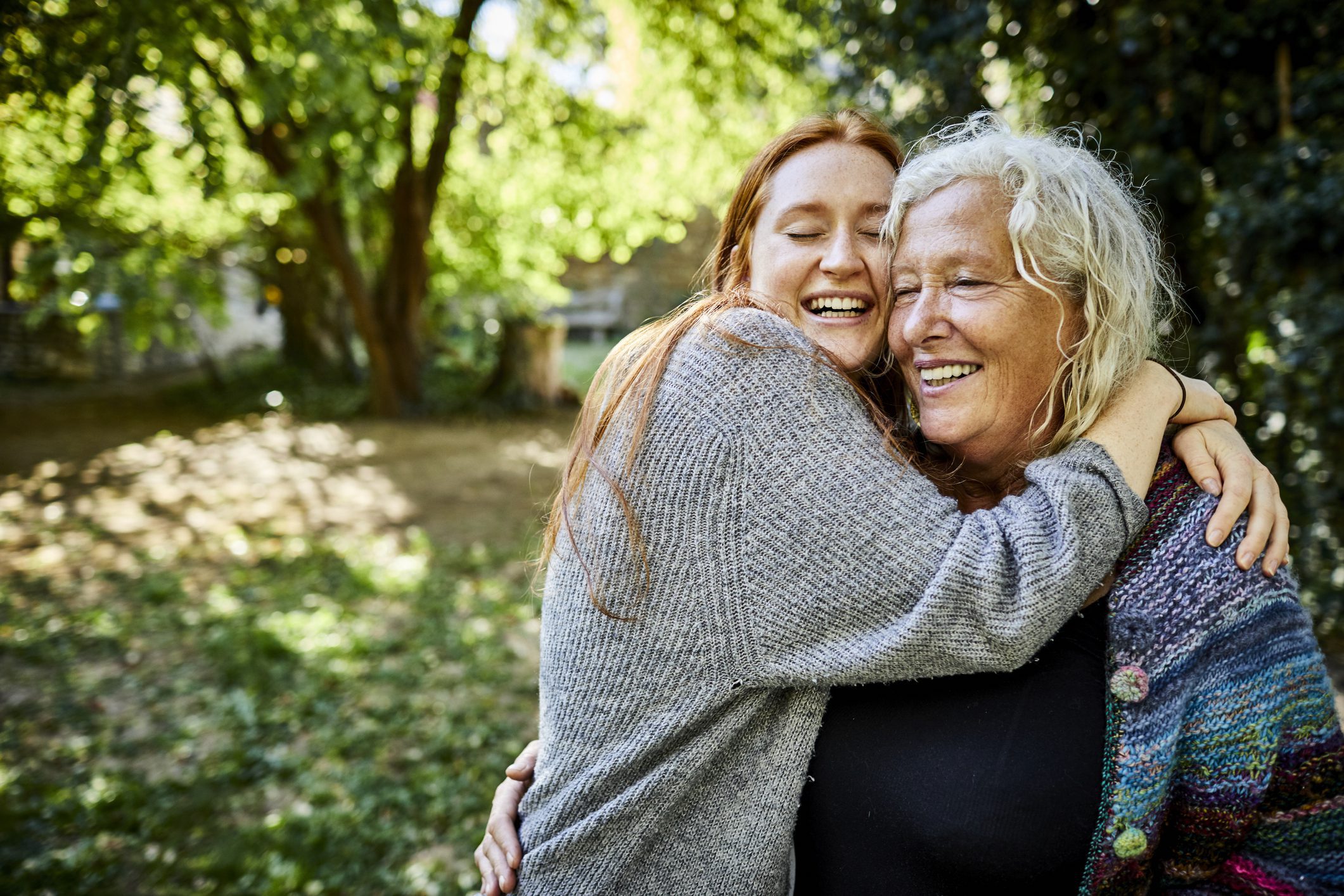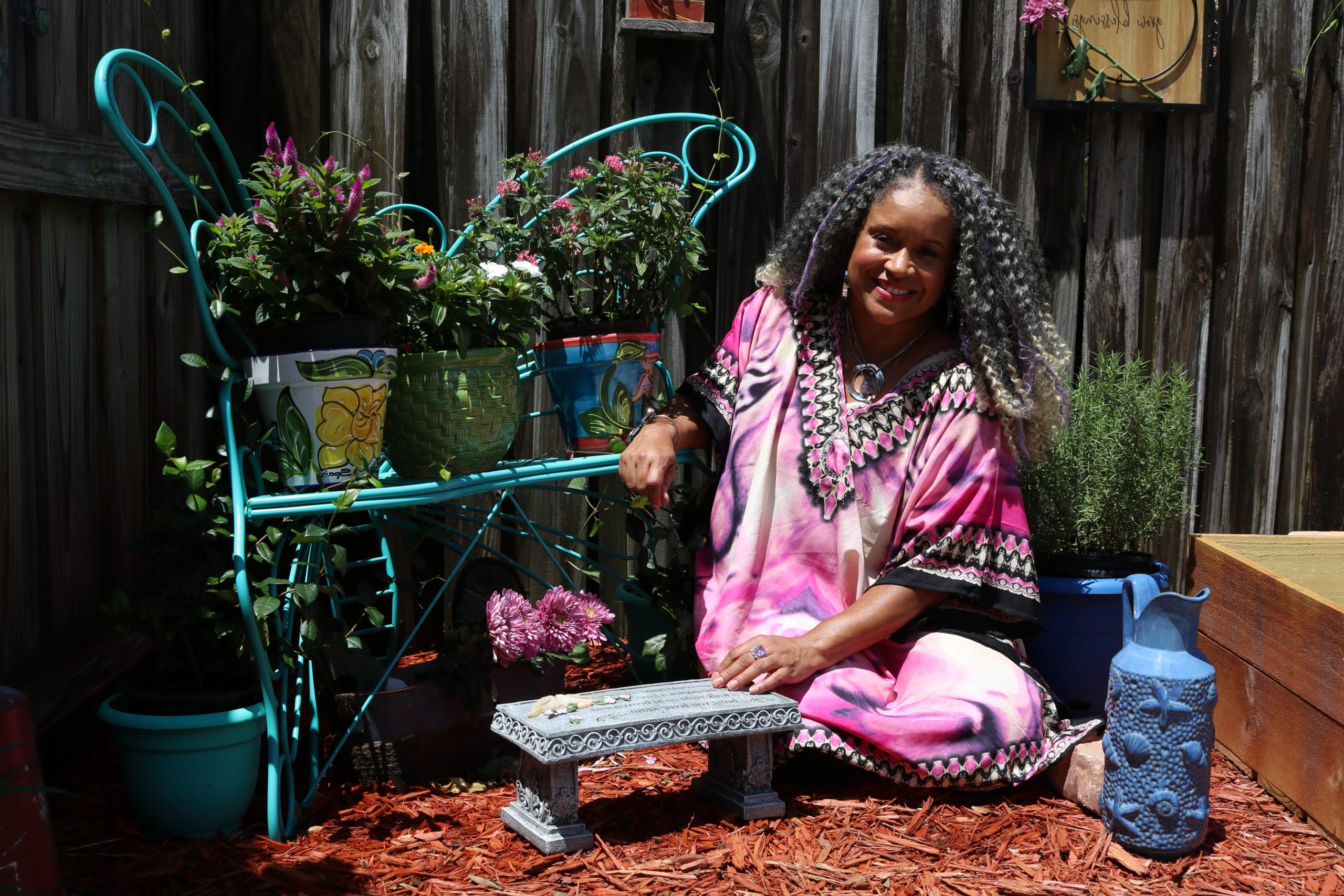The physical and emotional pitfalls of COVID-19 run deep on many levels, but here’s some light to shed on all the darkness, especially for the 50+ crowd.
Recent studies show that people aged 50 and over have better coping mechanisms, on several emotional levels, compared to young adults.
Laura Carstensen, a psychologist at Stanford University’s Center on Longevity, led a study in April that included about 1,000 adults, aged 18 to 76, throughout the country.
“Younger people were doing far worse emotionally than older people were,” Dr. Carstensen told the New York Times. “This was April 2020, the most anxiety-producing month, it was novel, cases went from nothing to 60,000, there was lots of attention and fear surrounding all this — and yet we see the same pattern as in other studies, with older people reporting less distress.”
A second study, conducted by psychologists at the University of British Columbia, surveyed more than 800 adults across the age spectrum during the first few months of the pandemic.
“The COVID-19 pandemic has led to an outbreak of ageism, in which public discourse has portrayed older adults as a homogeneous, vulnerable group,” the authors wrote in the University of British Columbia study. “Our investigation of the daily life amid the outbreak suggests the opposite: Older age was associated with less concern about the threat of COVID-19, better emotional well-being, and more daily positive events.”
Several factors come into play, according to the researchers:
● Older people have the financial resources to help them get through the day, including paying for delivery services like food and other essentials, hiring help for chores around the house, and built-in creature comforts – pools, entertainment centers, etc.
● As people grow older, they are much more aware of their biological time clock, people and gravitate towards activities that give them comfort, joy or a sense of accomplishment.
● Older people, realizing they were more at-risk because of COVID, are more apt to avoid stressful situations, and more likely to shun negative emotions like guilt or anger.
“I think the older generation now, as much as it’s been threatened by COVID, they’re beginning to say, ‘My life is not nearly as disrupted as my children’s or grandchildren’s,’” Dr. Susan Charles, a professor of psychology at the University of California, Irvine, told the New York Times.
“And that is where our focus on mental well-being should now turn.”















